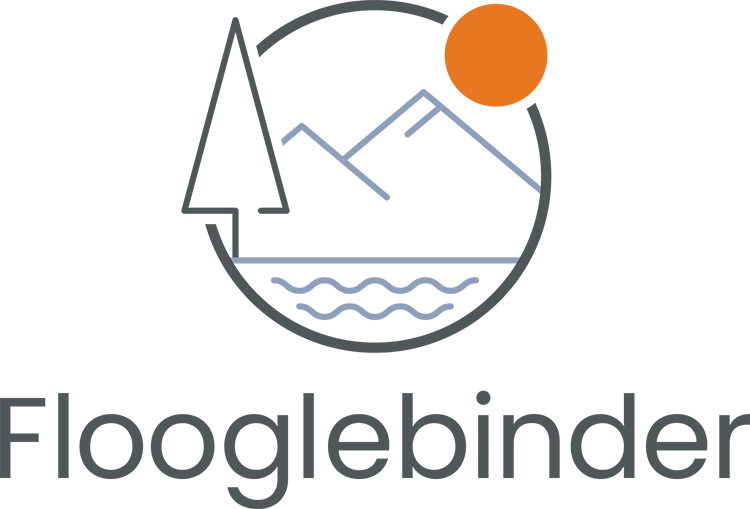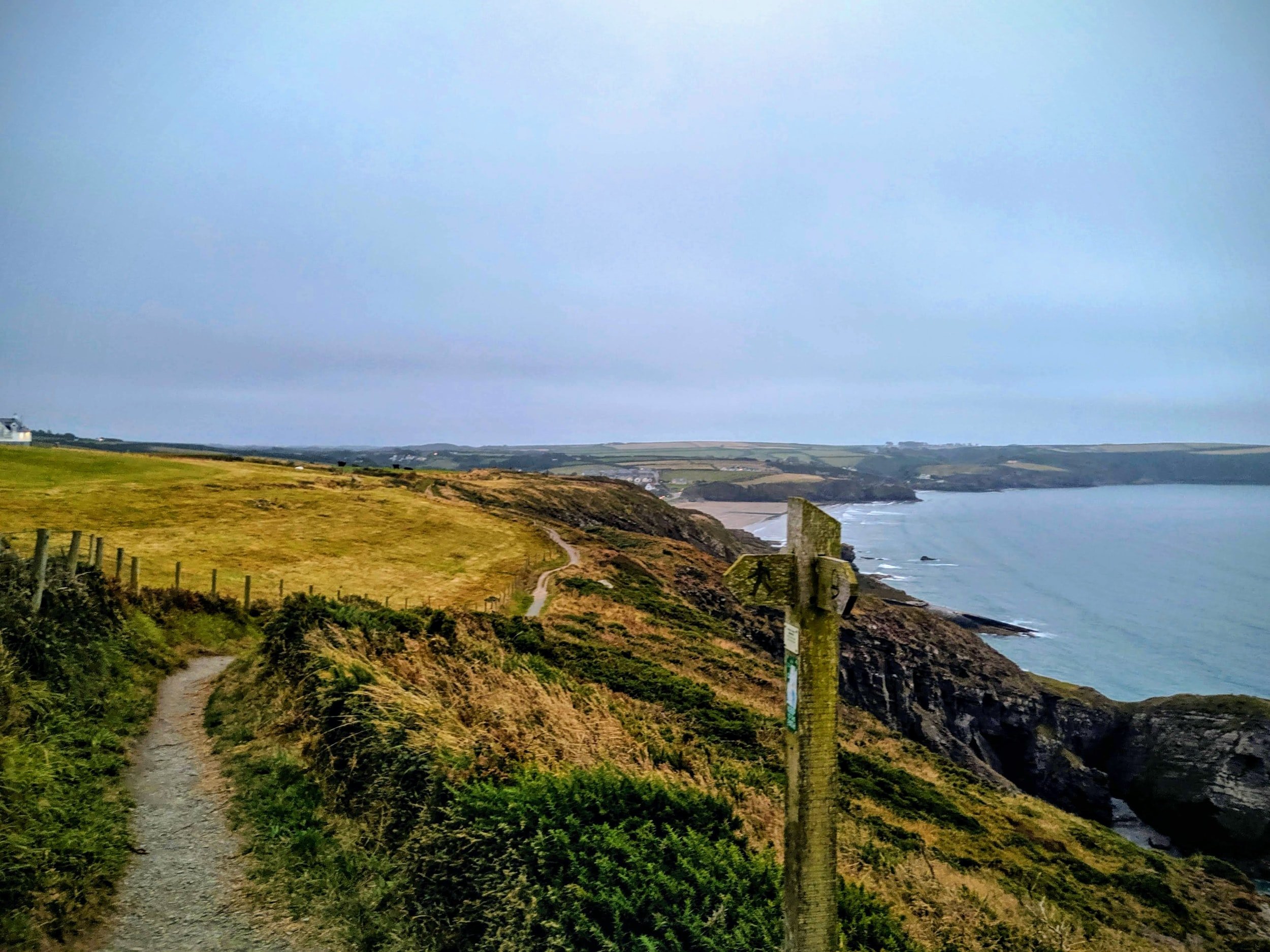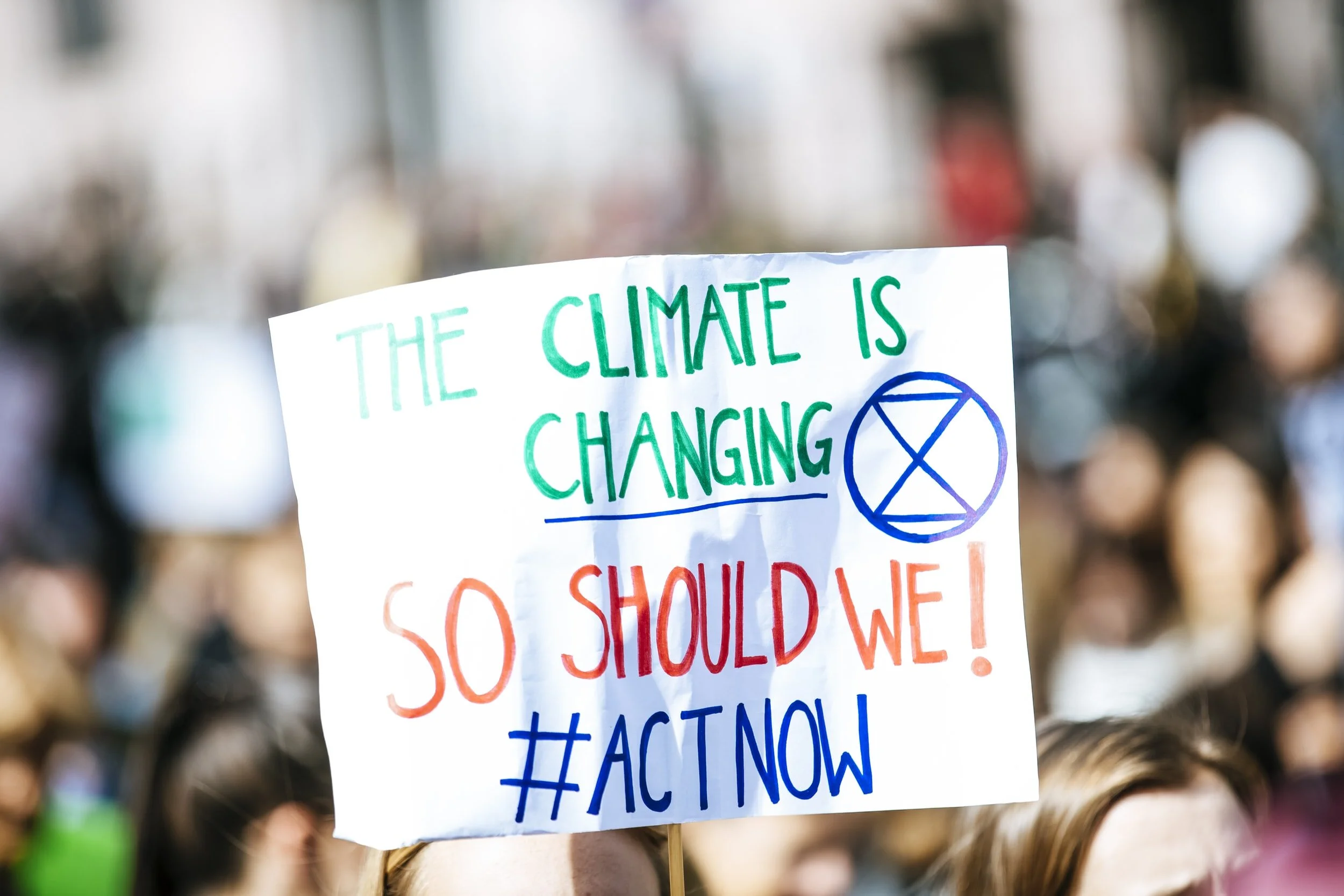Why can adventures create change?
Author: Brad Frankel
Read time: 3minutes
Flooglebinder curate educational adventures to create change for people and planet, which includes audits, workshops and residentials. As a BCorp organisation we use business as a force for good, meet the highest standards of verified performance, accountability and transparency, whilst tracking and monitoring our social and environmental impact.
When I was young, an adventure was getting out on my bike and just exploring, there wasn’t actually much of an objective, an end goal or a plan - it was just exploring.
When did you last just go and explore with no agenda?
Little did I know that these micro-adventures were doing so much for me. I was constantly learning, constantly connected to the environment and reaping the benefits of the nature fix. I was seeing green fields, trees, bushes and rivers, blue skies and cloudy skies and exposed to all kinds of weather.
"Most importantly...I didn’t grow up with a phone!"
I didn’t have the option to feed boredom with a digital device, it was down to me, my imagination and the natural world, which was my playground. I was more present and connected than ever, far more than most youngsters today, who have never been so connected globally yet disconnected to their local environment. In fact, this isn’t just youngsters.
We’re spending more time in front of screens and concrete jungles than ever before and the negative impacts of this are scary, the science proves it...
Back in the 80's the Japanese saw a huge increase in deaths, due to overwork, which they termed ‘Karoshi’, meaning ‘overwork death’, and this lead into further studies and investment into Forest Bathing, Shinrin Yoku. In short, as discussed by Florence Williams in ‘The Nature Connection’:
“It does good shit to your brain”.
When we’re outside in a natural environment, surrounded by trees and water and the elements (as we evolved), our blood pressure and heart rate lower as does our cortisol levels. This is due to many things, it’s a sensory overload from the fractals that we see (subconsciously); to the shades of green; the sounds of birds singing; wind through the trees; and smells that we might not even realise are there BUT our brain does and picks them up very quickly. It’s why doctor surgeries, dentists and hospitals are filled with pictures of landscapes, why we give babies teddy ‘bears’ and why one of the biggest organisations names it’s products after noble predators and national parks - Apple for those that haven’t figured it out.
All of this is due to Biophilia, our innate attraction to nature. It’s why we pay more for sea views and lakeside homes. We evolved over millions of years in these environments, it developed our brains, our sight, our physical features and our behaviours but unfortunately, we’re spending less and less time in nature and built up a physical world around us quicker than our brains have been able to adapt.
We’ve lost our nature connection, spending less time outdoors and less present. This is firing our sympathetic nervous system all the time (our fight or flight response), increasing our blood pressure, heart rate and cortisol levels. We’re more stressed, anxious and experience greater mood disorders, which long term causes heart disease, dementia, depression and schizophrenia.
When we’re ‘in nature’ all the good shit happens, as explained above, which is happening subconsciously. Furthermore, we start to trigger our parasympathetic nervous system (rest and digest), which makes us think differently. We focus more on our surroundings, become aware and notice things that we usually wouldn’t. Our brainwaves are firing more theta and alpha, then beta, which means we think more clearly and as a result can bring clarity to many of our life’s issues.
“We can become inspired by nature, influenced by its process, become more creative, more innovative and better problem solvers.”
The best thing about all of this is that by becoming aware of our environments we become ambassadors to protect them. We understand our impact better than ever before, we become aware of our social and environmental impact and as a result, become more sustainable.
It may start with picking up a piece of plastic that evolves into using a reusable cup and before you know it you’re buying plastic-free items, shopping locally and seasonally and only from brands with purpose and impact.
Getting outdoors is incredible for our health and wellbeing but just as important, it’s an incredible stepping stone to becoming more connected and becoming better. global citizens.
It doesn’t need to be a trip to the other side of the world, it can start in the park around the corner!
Go explore!
Turn off your phone!
Get lost!
Reconnect!
































